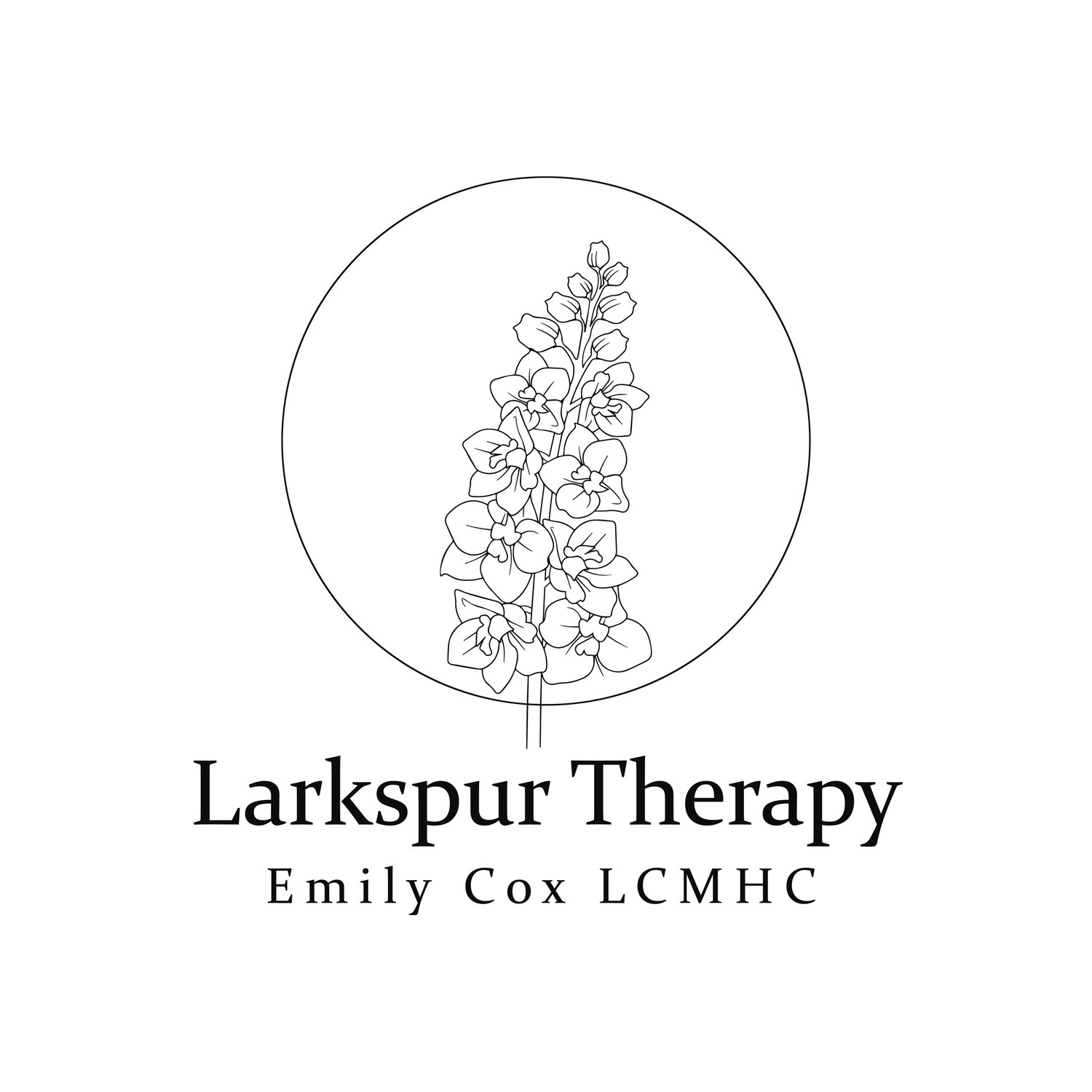I Cry A Lot But I Am So Productive
In the grind of daily life, it can be easy to overlook the silent struggles of those coping with functional depression. Clinical depression can be more overt with clear signs of difficulty with daily functioning tasks and skills, such as not getting out of bed, struggling with daily hygiene tasks, and inability to engage with school or work. Functional depression often flies under the radar, masked by appearances of normalcy and productivity. The lyrics of “I Can Do It With a Broken Heart” provide excellent examples of functional depression with:
I'm so depressed, I act like it's my birthday every day
I cry a lot but I am so productive, it's an art
'Cause I'm miserable
And nobody even knows
I was grinning like I'm winning, I was hitting my marks
'Cause I can do it with a broken heart
In this post, we'll delve into the nuanced symptoms of functional depression and explore how talk therapy and expressive arts therapy can serve as a transformative tool for healing.
Functional depression, sometimes referred to as high-functioning depression, presents a unique set of challenges. On the surface, individuals experiencing functional depression may appear to have it all together – maintaining careers, fulfilling responsibilities, and engaging in social activities. However, beneath the surface lies a complex internal landscape characterized by persistent feelings of sadness, emptiness, and disconnection.
One of the hallmark symptoms of functional depression is the ability to "put on a brave face" despite overwhelming emotional turmoil. Many folks report “acting as if,” pretending things are fine to get through daily challenges. Those grappling with this condition often become adept at concealing their inner struggles, fearing judgment or stigma if they were to openly express their feelings. As a result, they may internalize their pain, leading to a sense of isolation and alienation from others.
Another common manifestation of functional depression is the tendency to engage in maladaptive coping mechanisms, such as excessive work, substance use, or avoidance behaviors. These coping strategies offer temporary relief from emotional distress but ultimately perpetuate a cycle of avoidance and emotional suppression.
In addition to emotional symptoms, functional depression can also manifest physically, with individuals experiencing fatigue, insomnia, changes in appetite, and other somatic complaints. These physical symptoms further contribute to the pervasive sense of disquietude that accompanies the condition.
Those coping with functional depression can gain support through therapy. Expressive arts therapy provides a safe and nonjudgmental space for individuals to explore and express their innermost thoughts and emotions through creative modalities such as visual art, music, movement, and writing.
One of the primary benefits of expressive arts therapy is its ability to bypass verbal defenses and access deeper layers of the psyche. For individuals struggling to articulate their feelings verbally, engaging in creative expression can provide a powerful outlet for self-expression and catharsis. Through writing, painting, or other arts, clients can externalize their inner worlds, gaining insights into their emotions and experiences in the process.
Moreover, expressive arts therapy fosters a sense of empowerment and agency, allowing individuals to reclaim ownership of their narratives and transform their pain into works of art. By externalizing their struggles through creative expression, clients can gain a sense of mastery over their experiences, rather than feeling overwhelmed or consumed by them.
Incorporating mindfulness and body-centered practices into expressive arts therapy can also help individuals reconnect with their bodies and cultivate a sense of presence and grounding. Techniques such as guided imagery, breathwork, and mindful movement can facilitate a deeper awareness of bodily sensations and emotions, fostering greater self-compassion and resilience in the face of adversity.
Functional depression can feel like acting like it’s your birthday every day even though you are drowning. It may be characterized by its subtle and insidious nature, but it is no less deserving of attention and support than major depression. Through therapy, individuals can embark on a journey of self-exploration and empowerment, finding hope and healing amidst the darkness. Therapy can support those and continue to shine a light on the hidden struggles of functional depression and offer a beacon of hope for those in need.
Click Below to learn more about telehealth therapy.

